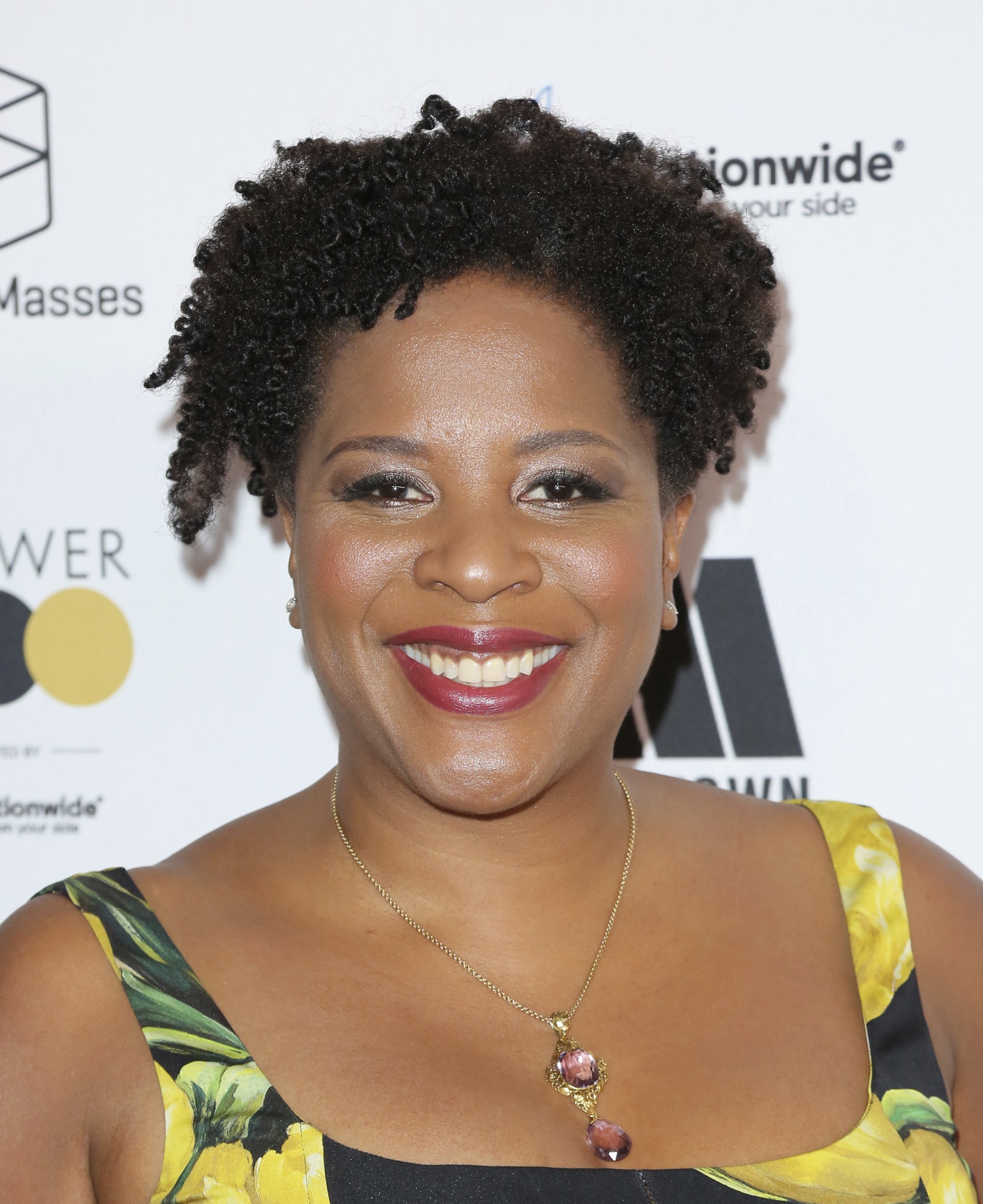Tayari Jones won the Women’s Prize for fiction on Wednesday with “An American Marriage,” her story of a family torn apart by the U.S. judicial system.
The American writer’s best-selling novel — selected by Oprah Winfrey for her book club and praised by former President Barack Obama — centers on a successful African American couple in Atlanta whose marriage is tested when the husband is imprisoned for a crime he didn’t commit.
Historian Kate Williams, who chaired the judging panel, called the novel “a story of love, loss and intimacy that shines a light on today’s America.”
Founded in 1996, the 30,000-pound ($38,000) prize is open to female English-language writers from around the world.
Jones, a professor of English at Emory University in Atlanta, beat five other finalists: Nigeria’s Oyinkan Braithwaite, U.S. author Madeline Miller and U.K. writers Pat Barker, Diana Evans and Anna Burns, winner of last year’s Booker Prize.
“An American Marriage” is Jones’ fourth novel, but the first to be published in Britain.
At the awards ceremony in London, Jones asked readers to remember “the millions of people who are incarcerated around the world.” Her book tackles the shadow cast by the judicial system over many African-American lives.
Jones said the novel had its origins in an exchange she overheard between a man and a woman at a shopping mall.
“They were so in love and they were in trouble,” she told The Associated Press “And she said, ‘Roy, you wouldn’t have waited on me for seven years.’ And he said, ‘This wouldn’t have happened to you in the first place.’
“I thought they were both right. …When I have a situation where both characters are right yet they disagree, that’s a story I can spend some years wrestling with.”
Winfrey has bought the movie rights to “An American Marriage,” and Jones says she is due to see a screenplay “any second now.”
She expressed dismay at the presidency of Donald Trump, but said she remains an optimist.
“We’re in a really distressing moment, with setbacks, but I also think we’re in an exciting moment with literature,” Jones said.
“We are looking more to artists to help us find the way to help us figure out a way to a more progressive tomorrow.”









